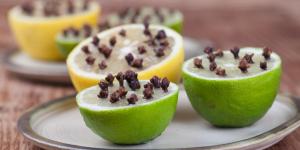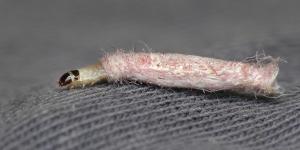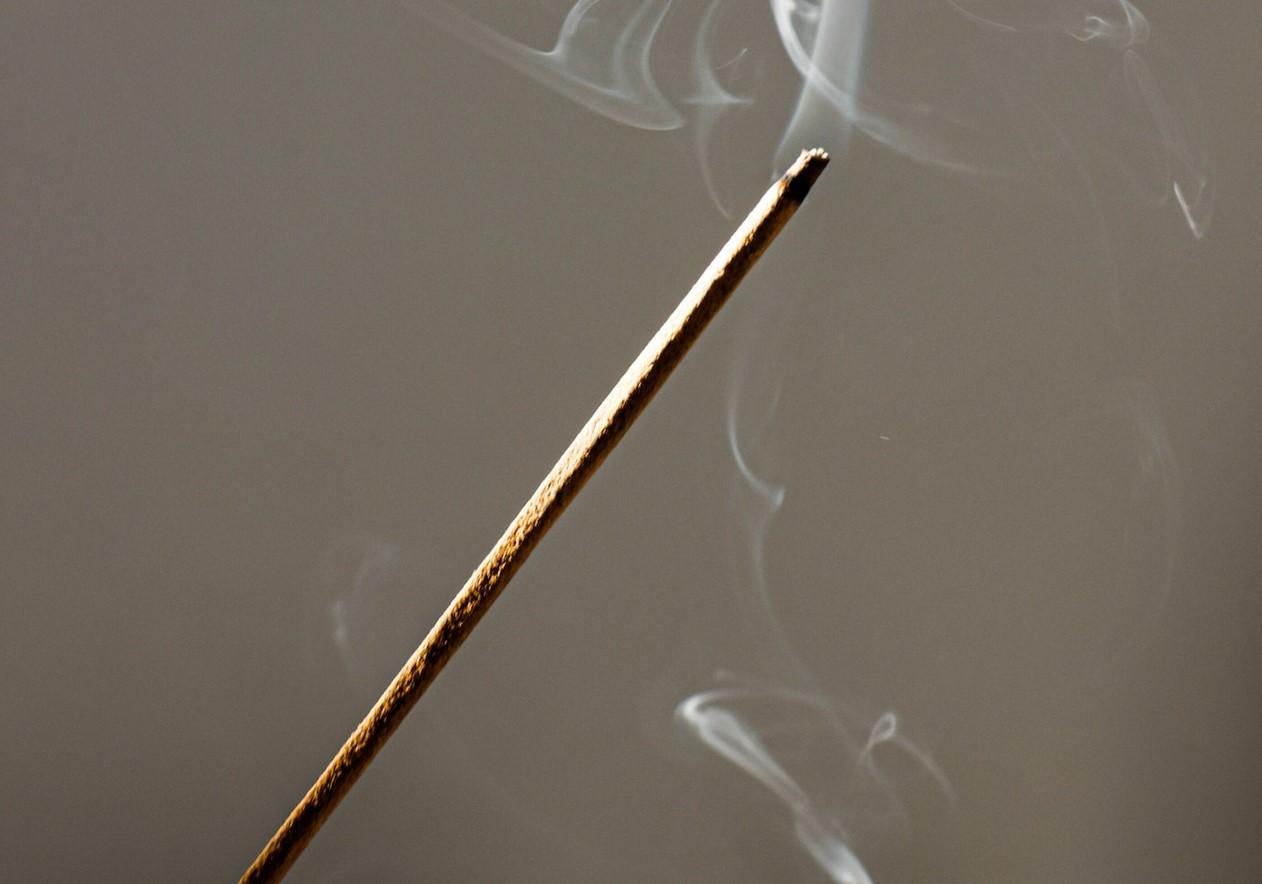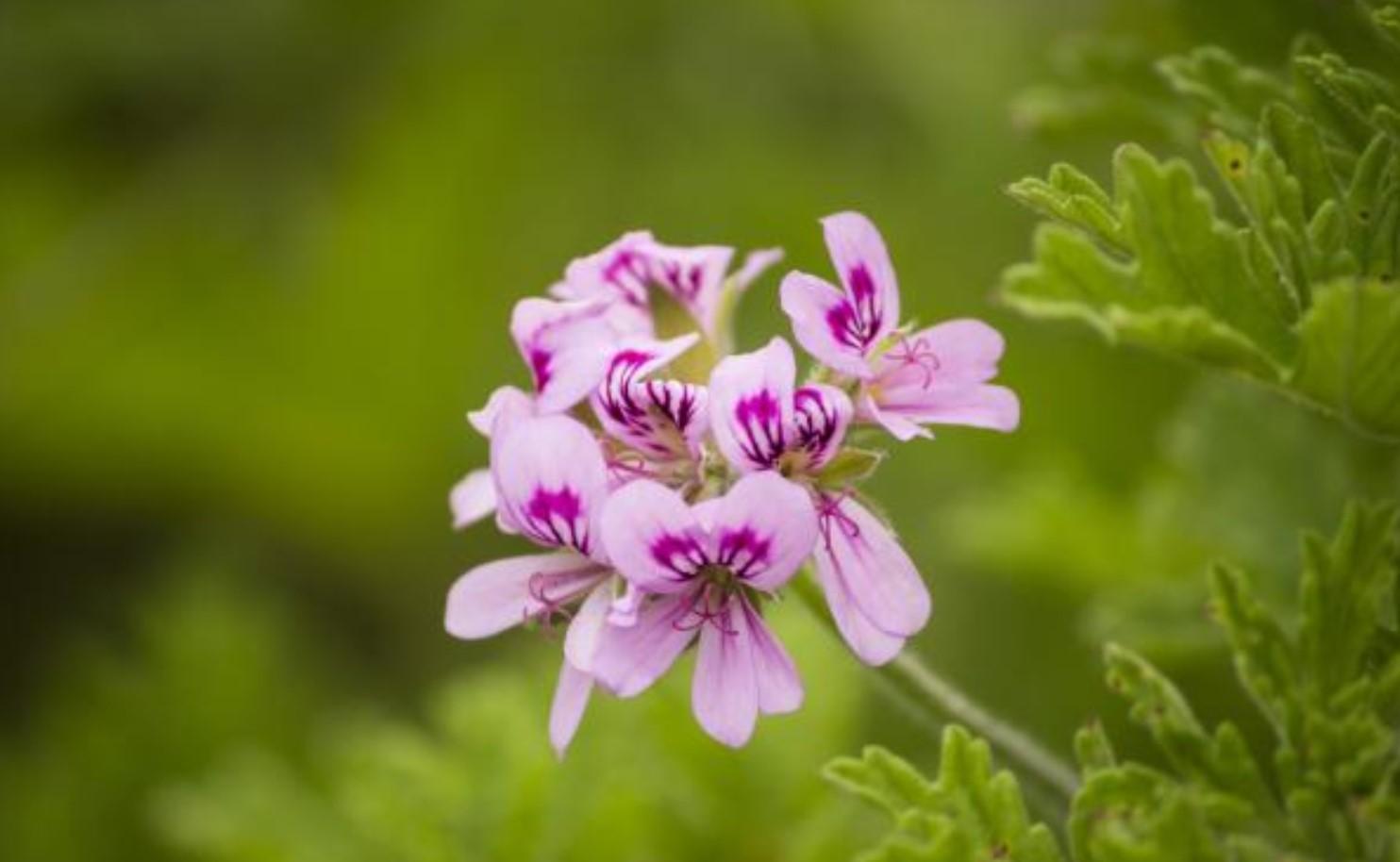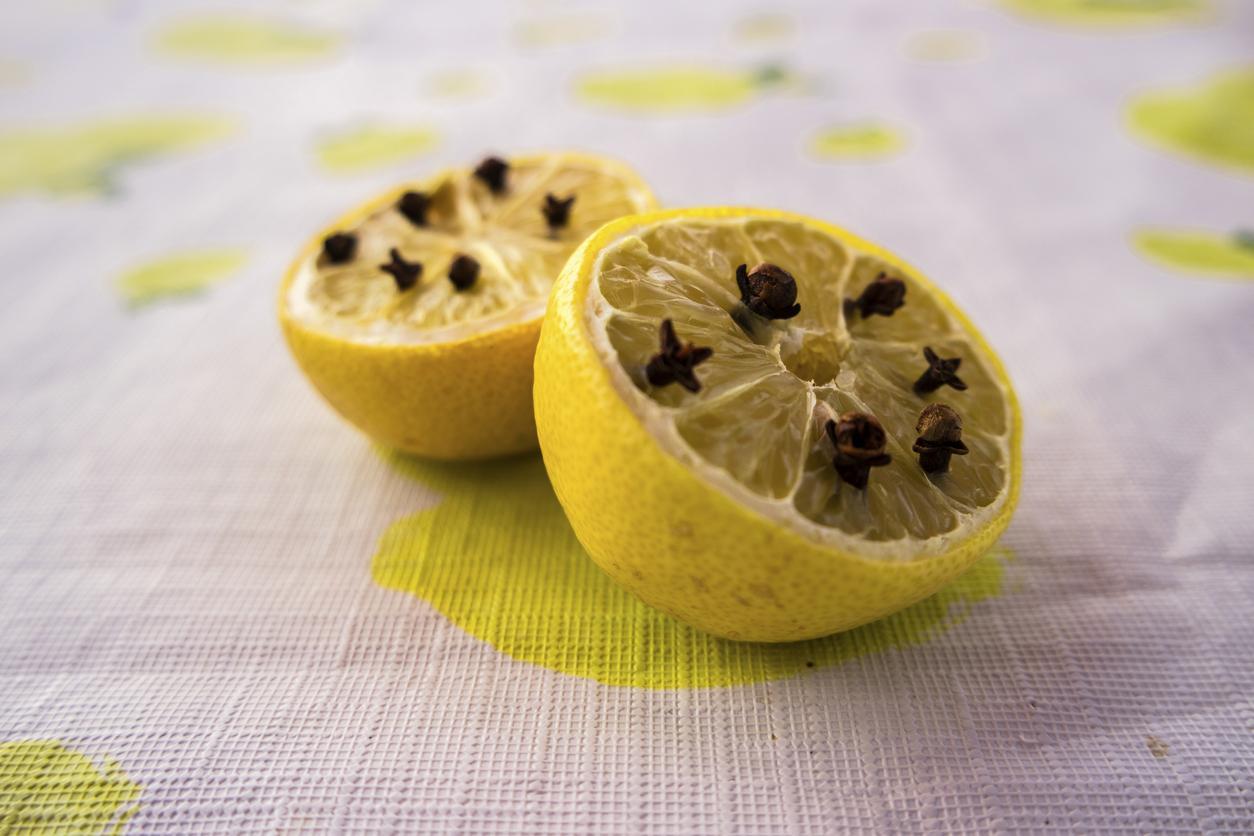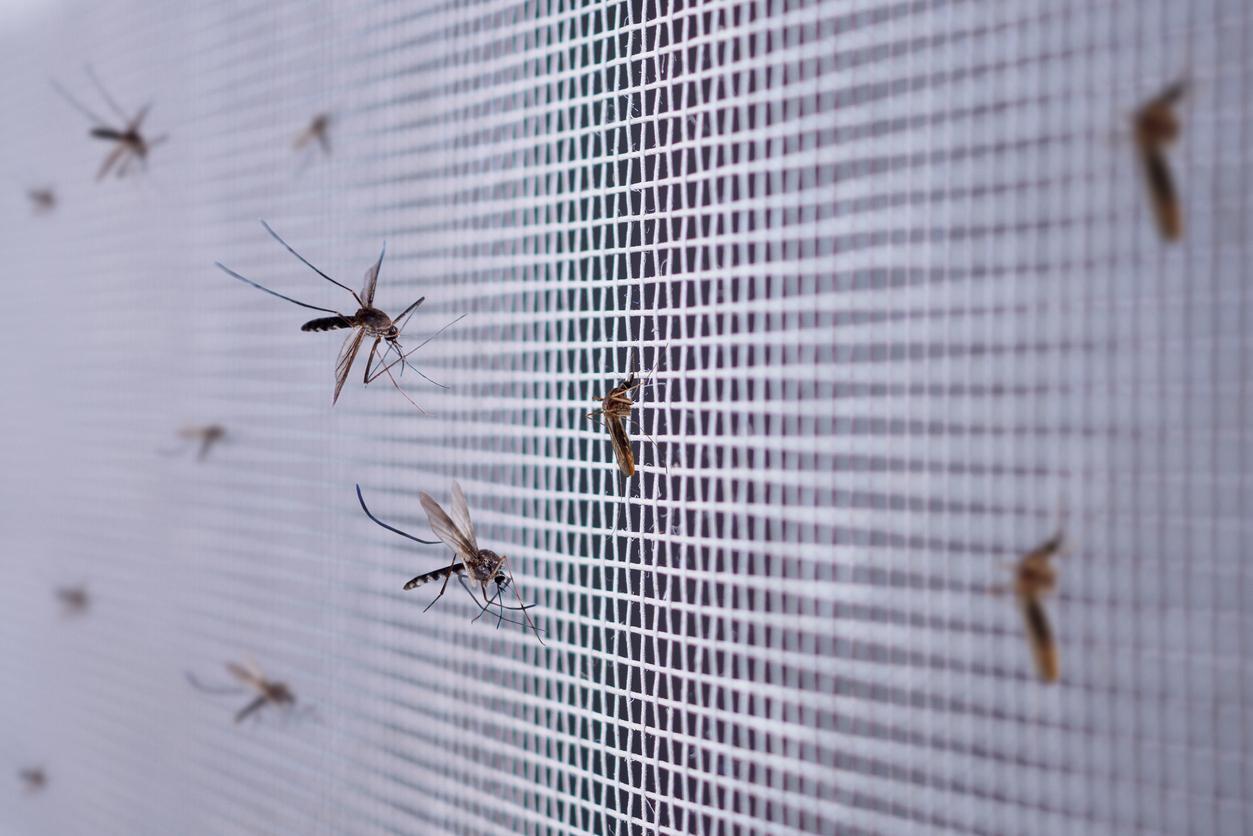How to Repel Mosquitoes Naturally


Mosquitoes are not only annoying but can also pose health risks as carriers of diseases such as dengue fever, malaria, and Zika virus. While there are numerous commercial mosquito repellents available, many of them contain chemicals that some people may prefer to avoid. Fortunately, there are natural alternatives that can effectively repel mosquitoes without the use of harsh ingredients.
In this article by thedailyECO, we will explore various methods and ingredients to repel mosquitoes naturally. From essential oils to plants and homemade sprays, you'll discover practical and eco-friendly solutions to keep those pesky mosquitoes at bay.
- Vinegar
- Incense
- Aromatic plants
- Homemade citronella mosquito repellent
- Eucalyptus
- Chamomile
- Lemon
- Lemon or orange and cloves
- Mint and clove
- Catnip
- Black pepper
- Lavender essential oil
- Garlic
- Camphor
- Almond
- Vitamin B
- Hanging transparent bags filled with water
- Mosquito nets
- A fan
Vinegar
Vinegar, thanks to acetic acid, has a scent that mosquitoes can't stand. So, if you've ever wondered how to prevent mosquitoes from entering your home, a homemade vinegar mosquito repellent can be an effective measure, unless, like these insects, you can't tolerate the smell of vinegar either. Simply place a container filled with vinegar at entrances such as doors and windows.
Did you know that vinegar is also a natural fertilizer, continue reading this other article where we have listed the 10 best homemade organic fertilizers for the garden.

Incense
Just like vinegar, incense gives off strong smells that mosquitoes hate. Lavender, citronella, and chamomile incense are among those that work very well to keep mosquitoes and other insects away. Just be careful not to inhale the smoke directly.

Aromatic plants
Many plants possess remarkable mosquito-repellent properties, particularly those with aromatic qualities. These plants are able to naturally deter mosquitoes due to the presence of essential oils that contain compounds toxic to these pests. Some of these are:
- One such plant is mint, known for its refreshing scent and culinary uses. However, mosquitoes find the aroma of mint repulsive, making it an excellent choice for natural mosquito control.
- Lavender, with its beautiful purple flowers and soothing fragrance, not only adds a touch of elegance to your surroundings but also acts as a natural mosquito repellent.
- Basil, a versatile herb used in cooking, emits a strong aroma that mosquitoes find highly unappealing. By growing basil plants, you not only have a fresh supply of this culinary delight but also keep mosquitoes at bay.
- Another powerful mosquito-repellent plant is citronella. Its distinct lemon-like fragrance acts as a powerful deterrent, making it a popular choice for both commercial and homemade mosquito repellents.
By incorporating these anti-mosquito plants into your surroundings, you not only enhance the aesthetics, but also create a natural barrier against mosquitoes.

Homemade citronella mosquito repellent
Previously, we discussed the effectiveness of citronella incense as a mosquito repellent, but there are other ways to utilize citronella to ward off these pests. Firstly, you can consider planting citronella in your garden, terrace, or balcony, as its natural scent acts as a deterrent for mosquitoes. Secondly, you can create your own natural insecticide using citronella.
To make a citronella-based insecticide, you can follow these steps:
- Begin by boiling half a liter of water.
- Once the water reaches a boiling point, add 5 citronella leaves to the pot.
- Allow the water to simmer for a short period.
- After simmering, let the water cool down.
- Once the water has cooled, strain it into a spray bottle, removing any leaf residue.
This DIY insecticide can be sprayed in areas where mosquitoes are likely to gather or where you want to create a mosquito-free zone. The citronella scent will help repel mosquitoes and reduce their presence.
You might be interested in this other article, where we discuss 10 types of citronella plants that exist.
Eucalyptus
Eucalyptus essential oil is a highly effective natural mosquito repellent for the body and can also be utilized in the most humid areas of your house. This is primarily due to its distinct aroma, which proves to be unpleasant for these insects.
You can easily incorporate the essential oil into your daily routine by mixing it with your preferred moisturizer or shampoo.
Additionally, you have the option of creating a homemade eucalyptus decoction that yields similar results. To prepare the decoction, you will need 1 liter of water and 250 grams of eucalyptus leaves. Then, follow these steps:
- Begin by bringing the water to a boil.
- Once the water reaches boiling point, add the eucalyptus leaves to allow them to release their essence.
- Let the mixture simmer for a while, allowing the eucalyptus leaves to infuse their properties into the water.
- Strain the decoction to remove any solid particles.
- The resulting liquid can be used on the body or within your home, while it is still warm or at lukewarm temperature.
You might be interested in this other article, where we have listed 12 plants that smell like lemon.

Chamomile
Chamomile, a common herb known for its soothing properties, can also be used as a natural mosquito repellent. Chamomile contains essential oils, such as bisabolol and chamazulene, which have insect-repellent properties. These oils act as a natural deterrent for mosquitoes, discouraging them from landing on the skin or biting.
Begin by collecting around 250 grams of chamomile flowers. These can be either fresh or dried flowers, as both contain the essential oils that repel mosquitoes. Then, follow these steps:
- In a pot, add a liter of water and bring it to a boil.
- Once boiling, mix in the chamomile flowers and allow them to steep for approximately 15 minutes. This process helps extract the natural oils from the flowers.
- After the boiling process is complete, remove the pot from the heat and let the chamomile infusion cool down to a comfortable temperature. Ensure that it is not too hot, as it will be applied to the skin.
- Once the chamomile infusion has cooled, strain out the flowers and pour the liquid into a spray bottle. This will make it easier to apply the repellent to the skin.
Spray the chamomile solution onto exposed areas of the skin, such as arms, legs, and neck. You can also spray it onto clothing to provide additional protection.
Remember to reapply the chamomile repellent regularly, especially if you are sweating or exposed to water. While chamomile is a natural repellent, it may not be as long-lasting or effective as commercially available insect repellents.
Lemon
Lemons can be effectively used as a natural repellent against mosquito bites. The process involves using lemon peels to create a solution that can be applied to the skin.
Follow the steps below to create your own homemade mosquito repellent:
- Start by collecting the peels from a few lemons. It's important to use fresh peels as they contain the highest concentration of natural repellent oils.
- Take a liter of water and bring it to a boil in a pot or kettle. Add the lemon peels to the boiling water and let them simmer for around 15 minutes. This process helps extract the essential oils present in the peels.
- Once the boiling process is complete, turn off the heat and allow the water to cool down. It's essential to let it reach a comfortable temperature to ensure it doesn't cause any discomfort when applied to the skin.
- Once the lemon water has cooled sufficiently, take a cotton ball or a clean cloth and dip it into the solution. Ensure that the cotton ball or cloth is thoroughly soaked, but not dripping excessively.
- Gently rub the soaked cotton ball or cloth over exposed areas of your body, such as arms, legs, and neck.
By following these steps, you can create a natural mosquito repellent using lemon peels. Lemons contain citronella oil, which mosquitoes find repulsive due to its strong scent.
Lemon or orange and cloves
One of the most effective home remedies for repelling mosquitoes is to use a combination of half a lemon and cloves.
Lemon and cloves are both natural elements known for their mosquito-repellent properties. Additionally, other citrus fruits such as oranges can be used as well, as they also contain citric acid, which is effective against mosquitoes.
Lemons, along with other citrus fruits, contain citric acid, which mosquitoes dislike. The aroma emitted by the lemon, enhanced by the cloves, creates an unfavorable environment for mosquitoes, discouraging their presence.
To use this remedy, simply take half a lemon and insert several cloves into its flesh. The cloves release a distinct aroma that mosquitoes find unpleasant, deterring them from entering the area.
Place the lemon with cloves in a strategic location, such as near windows, doors, or other entry points where mosquitoes are likely to enter.

Mint and clove
Mint, particularly the essential oil derived from mint leaves, contains compounds like menthol and limonene, which have mosquito-repelling properties.
On the other hand, clove essential oil contains a compound called eugenol, which has also been found to have insect-repellent properties.
To create your own homemade mint and clove repellent, gather the following ingredients:
- 2 small spoons of degreasing soap
- 15 drops of clove essential oil
- 5 drops of citrus essential oil
- 25 drops of mint essential oil
To use the mint and clove repellent, follow these steps:
- Shake the bottle well to ensure the ingredients are properly mixed.
- Take a small amount of the mixture and apply it to exposed areas of your skin, such as arms and legs. Gently rub it in for even coverage.
- Reapply the repellent as needed, particularly if you are spending an extended period outdoors or if you have been sweating, as the effectiveness may diminish over time.
Catnip
Catmint, also known as catataria or cat basil, possesses remarkable mosquito-repelling properties. The essential oil derived from this herb is widely regarded as more efficacious compared to many artificially synthesized chemical products.
To utilize catnip as a mosquito repellent, you can follow these steps:
- Obtain dried catnip leaves or catnip essential oil. These are typically available at health food stores, pet stores, or online retailers.
- If you have dried catnip leaves, you can crush them to release the essential oils and enhance their effectiveness. Alternatively, if you have catnip essential oil, dilute a few drops in a carrier oil such as coconut oil or olive oil.
- Apply the crushed catnip leaves or the diluted catnip essential oil to exposed areas of your skin, such as your arms and legs. Make sure to cover all exposed skin thoroughly.
Alternatively, you can place dried catnip leaves or sachets containing catnip in areas where mosquitoes are prevalent, such as near windows or outdoor seating areas. The scent of catnip will act as a repellent, discouraging mosquitoes from approaching.
Furthermore, catmint can be easily cultivated either in a pot or in a garden, providing a convenient and natural solution for deterring mosquitoes.
Black pepper
Black pepper, whether in the form of essential oil or liquid extract, is a highly effective natural ingredient for repelling mosquitoes.
It serves as a natural mosquito repellent, safeguarding your skin against the bothersome bites of these insects. The aromatic properties of black pepper act as a natural deterrent, providing several hours of protection. Give it a try and experience its efficacy firsthand!
To utilize black pepper as a mosquito repellent, follow these steps:
- Dilute black pepper essential oil with a carrier oil such as coconut oil or olive oil. The recommended ratio is 10–15 drops of black pepper essential oil per 1 ounce (ca. 38 g) of carrier oil.
- Thoroughly mix the oils together.
- Apply a small amount of the diluted mixture onto exposed areas of your skin, such as arms and legs.
- Reapply every few hours or as needed for continuous protection.
Remember to conduct a patch test on a small area of your skin to check for any adverse reactions before applying it more broadly. Additionally, avoid contact with your eyes or sensitive areas of the skin.
Lavender essential oil
Lavender possesses a unique and refreshing fragrance that humans find pleasant, but mosquitoes find incredibly potent. Apart from cultivating lavender plants in your garden or pots on the balcony or terrace, you can extract essential oil from lavender to create a natural mosquito repellent. This oil can be applied to the skin or used to create a scented atmosphere within your home.
Moreover, lavender essential oil offers more than just mosquito-repellent properties. When applied directly or diluted in a neutral moisturizer or base, it helps prevent skin irritation and nourishes the skin, promoting overall skin health.
Garlic
Garlic is a potent natural mosquito repellent due to its unique chemical composition. It contains a compound called allicin, which is released when garlic is crushed or chopped. Allicin is responsible for the characteristic pungent odor of garlic and acts as a powerful deterrent for mosquitoes.
When garlic is turned into a spray, the odor lingers in the air, creating a barrier that repels mosquitoes. The strong scent overwhelms their highly sensitive olfactory receptors, making it difficult for them to locate and bite humans or pets.
Creating a garlic spray is one of the most effective home remedies for mosquitoes. Simply follow these steps:
- Take a few garlic cloves and crush them.
- Once crushed, boil the garlic in water.
- Allow the mixture to cool, and then strain the liquid into a spray bottle.
This homemade repellent is now ready to be sprayed around your house, creating a barrier against mosquitoes.
You might be interested in this other article, where we discuss the fascinating world of nutraceuticals.
Camphor
Camphor emits a strong fragrance that is highly effective in repelling mosquitoes. When exposed to the odor of camphor, mosquitoes tend to avoid the area and are less likely to land or bite.
To utilize camphor as a mosquito deterrent, follow these steps:
- Obtain camphor tablets, which are commonly available in stores or online.
- Fill a container with water, ensuring it is large enough to accommodate the camphor tablet.
- Drop a camphor tablet into the water-filled container.
- Place the containers at strategic points around your house, such as near windows, doors, or other areas where mosquitoes tend to enter.
- Monitor the effectiveness of the camphor regularly and replace the tablets every 2-3 days. Over time, camphor loses its potency, so refreshing the tablets ensures continued mosquito repellent action.
It's worth noting that camphor has a strong odor, so ensure proper ventilation in the areas where it is placed. Also, take care to keep camphor out of reach of children and pets to prevent accidental ingestion.
Almond
An almond-based mosquito repellent is highly effective for preventing insect bites when applied to the skin. To create this repellent, you will need the following ingredients:
- 100 ml of almond oil
- 20 drops of basil essential oil
- 20 drops of geranium essential oil
To make this homemade mosquito repellent, simply combine all the ingredients, ensuring they are thoroughly mixed to create a homogeneous solution.
The combination of these ingredients creates a synergistic effect, enhancing the overall effectiveness of the repellent. When applied to the skin, the repellent forms a protective barrier, emitting scents that mosquitoes find unappealing.
Vitamin B
Consuming foods rich in B vitamins, such as lentils or almonds, can lead to the development of substances in the body that are excreted through urine or sweat.
These substances possess mosquito-repellent properties, making you less attractive to mosquitoes and reducing your chances of getting bitten.
Therefore, it is advisable to incorporate more of these vitamin B-rich foods into your diet. By doing so, you can release a natural aroma that acts as a deterrent to mosquitoes, helping to keep them at bay.
Hanging transparent bags filled with water
The practice of hanging transparent bags filled with water near doors and windows as a mosquito deterrent has been employed for a long time, despite some skepticism. This technique is based on two possible theories:
- Mosquitoes seeing their own reflection: similar to flies, it is believed that mosquitoes perceive their own reflection in the bags of water. This creates an illusion of movement or the presence of a larger predator, which frightens them and causes them to flee. This theory suggests that the presence of the bags acts as a visual deterrent for mosquitoes.
- Sunlight reflection: another theory suggests that the sunlight reflecting off the water-filled bags creates flashing or shimmering effects. Mosquitoes are known to avoid areas with strong light, especially during the daytime. It is thought that the constant flashes and reflections created by the bags of water confuse or disturb the mosquitoes, making them less likely to approach the area.
While this method has been widely practiced, it's important to note that scientific evidence supporting its effectiveness is limited. The results may vary depending on factors such as mosquito species, environmental conditions, and individual preferences. It is recommended to use additional preventive measures such as screens, mosquito nets, or mosquito repellents for comprehensive mosquito control.
Mosquito nets
One effective and time-tested method for keeping mosquitoes out of the house or bed is by using barriers such as mosquito nets on doors and windows. These barriers act as a physical barrier that prevents mosquitoes from entering the protected area, offering a reliable means of keeping them at bay. This method is particularly useful during periods when mosquitoes are most active, such as at dawn and dusk.
Mosquito nets are available in various types and materials, including metallic fabric or curtains. They can be specifically designed for windows, doors, or beds. These nets are designed with fine mesh that allows air circulation while effectively blocking mosquitoes from passing through.
It's important to ensure that the mosquito nets are properly installed and free from any gaps or openings that mosquitoes can exploit. Regular maintenance, such as cleaning the nets and repairing any damages, will help maintain their effectiveness over time.

A fan
Using a fan to combat mosquitoes is a remarkably effective and accessible method for reducing their presence inside the house. This simple approach leverages the power of air currents to destabilize and deter these pesky insects. When a fan is turned on, it creates a steady flow of air that disrupts the flight patterns of mosquitoes, making it difficult for them to maneuver effectively.
The concept behind using a fan is based on the fact that mosquitoes are relatively weak fliers. They are naturally inclined to fly in still air or light breezes, as strong winds can impede their flight and make it challenging for them to locate a suitable landing spot. By introducing a fan into the environment, the air currents it generates mimic the conditions of a moderate breeze, causing mosquitoes to struggle and lose their stability in the moving air.
To maximize the effectiveness of using a fan, it is advisable to position it strategically in the areas where mosquitoes are most active, such as near open windows, entrances, or areas where stagnant water may be present.
You might be interested in this other article, where we explain the different types of mosquitoes that exist.
If you want to read similar articles to How to Repel Mosquitoes Naturally, we recommend you visit our Natural remedies category.
- Natural repellents for mosquitoes. MD RCM UPR EDU. Available at: https://www.md.rcm.upr.edu/wp-content/uploads/sites/54/2016/09/REPELENTES-NATURALES-PARA-LOS-MOSQUITOS.pdf

